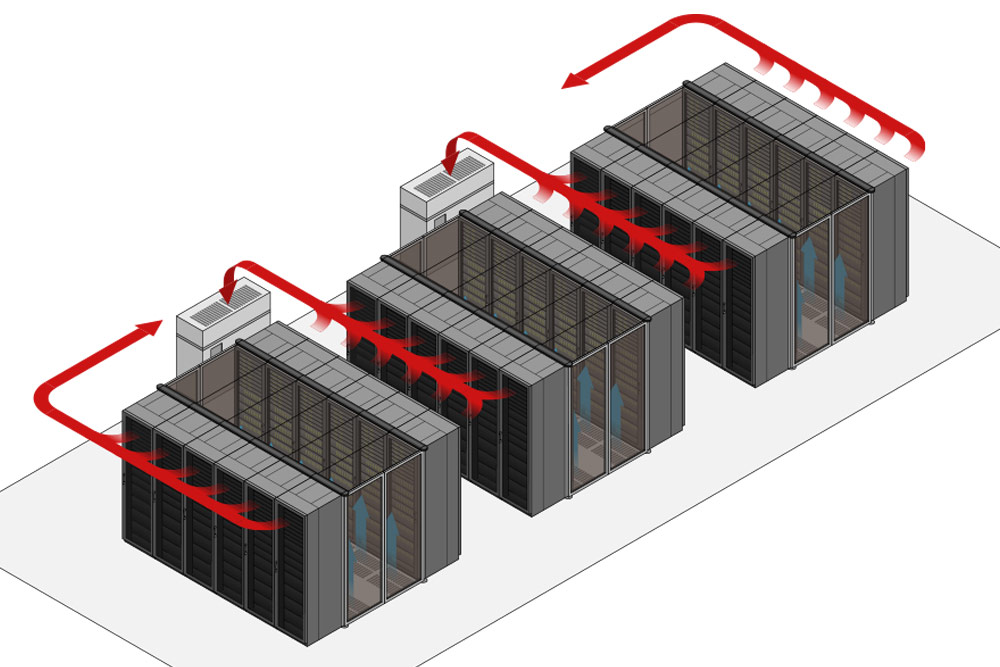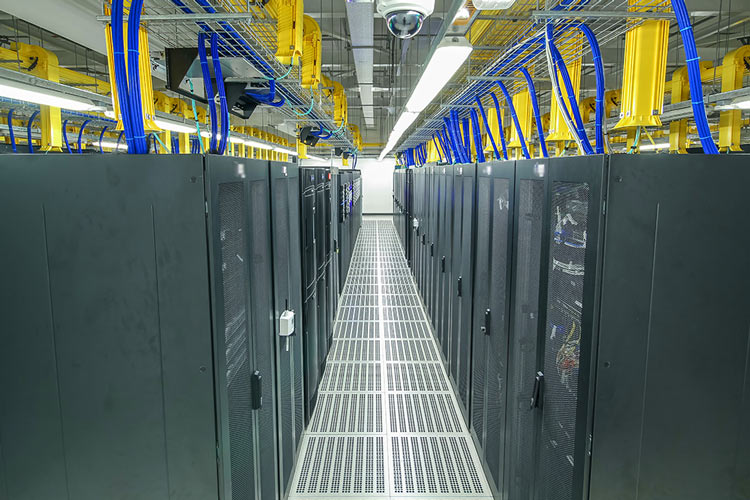Firewalls are designed to protect your computer infrastructure (networks and computers) from malicious attacks. The firewalls control what information can go in and what data can go out. A firewall protection program can be installed on just one computer or on the server or routers that control the full network. There are different ways to implement the firewalls with corresponding advantages and disadvantages.
A Host Firewall
This type of firewall consists of software that is deployed on just one computer. Many companies such as Windows, Linux distributors, and some Apple operating systems, preinstall the firewall software. The administrator of the operating systems (usually the owner) needs to be able to manage the firewall. The computer owner can also install his/her own hosted firewall.
A Network Firewall
This kind of firewall controls information as it comes in from the Internet to all the computers controlled by the network. The network firewall has a set of rules that it uses to determine or flag whether information should be allowed to enter the network before it reaches any of the computers in the company system.
There are different types of network firewalls:
- A proxy firewall routes information to proxy servers.
- A reverse proxy firewall routes the incoming information to a specific server and disallows transmission of the information to the other computers. The specific server then controls what information should be released.
- A reverse hosting server firewall utilizes sub-networks to control information processing.
For solo companies or companies with just a few employees, host firewalls may be a viable option. Many people use hosted firewalls on their desktop or their laptop. For any larger sized company or any company that uses a network, using individual firewalls just isn’t practical. The better alternative is to use a network firewall.
Network firewalls require a general set of rules while hosted firewalls allow for more customization.
The security solutions are not exclusive. A hybrid host/network firewall solution is possible.
Discuss your firewall security protection needs with experienced IT representatives
High-quality firewall security is a must. Just one breach can cause lost revenue, lost consumers, and significant downtime. Firewalls should be able to handle a broad range of malicious attacks and constantly be aware of new ones. To discuss your firewall protection needs with a skilled data center representative, please contact us.
Discover how Volico can help you with your Managed Security needs.
• Call: 888 865 4261
• Chat with a member of our team to discuss which solution best fits your needs.









